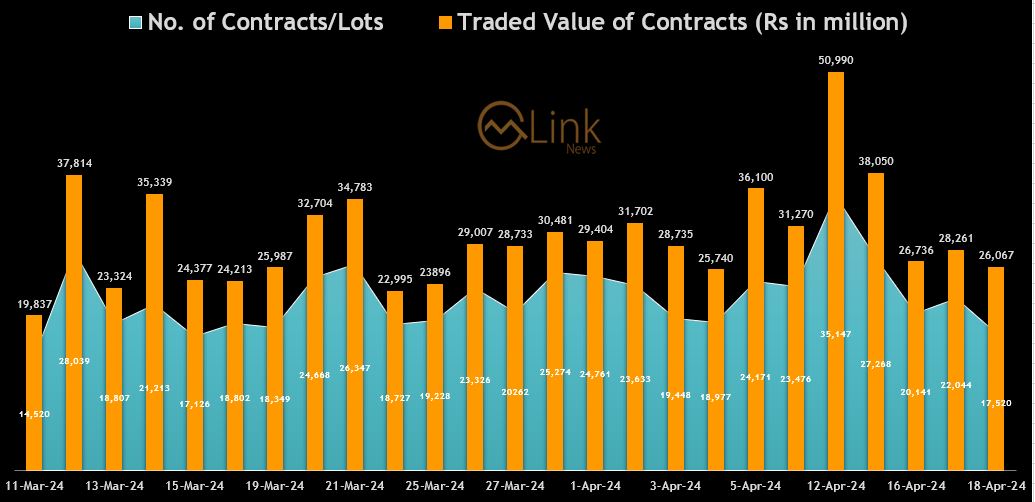Youíre being pummeled 24/7 with a cacophony of election news. No matter who you want to win, itís understandable if the election has you on edge given that thereís so much at stake. But this isnít the time to...
Youíre being pummeled 24/7 with a cacophony of election news. No matter who you want to win, itís understandable if the election has you on edge given that thereís so much at stake.
But this isnít the time to panic and cash out your investments. Nor is it the time to make big decisions on how to invest based on your predictions for the election. Here are five rules to follow if youíre panicked about what the 2020 election means for your finances.
5 Election Year Rules That Smart Investors Follow
The common theme youíll notice here is basically: Do nothing. Itís not that you shouldnít be proactive about your investments. But when people make investment decisions out of anxiety, they tend to make decisions that hurt them in the long run.
1. Avoid Panic Selling
Thereís a chance that the stock market could plummet due to election results, especially if the results are contested. Thereís also a chance that things go smoother than we expect ó yes, even in 2020 ó and that the election isnít a major event on Wall Street.
But assuming the worst-case scenario, letís look back to the last big panic selloff, which happened in March due to COVID-19. The S&P 500 index reached a low of 2,237.40 on March 23, a 34% drop from its peak in February. But as of Oct. 26, the index had rebounded more than 50%. Usually, when the stock market tanks, the downturn is pretty short-lived. Staying invested even when itís scary yields the best results.
2. Quit Checking Your 401(k) Every Day
If the stock market is volatile, constantly monitoring your 401(k) or IRA balance is pretty much the worst thing you can do for your sanity. Checking your account performance on a quarterly basis is more than enough. When you eye your fluctuating balance nonstop, youíre more likely to make emotional decisions with your money that can have enormous long-term costs.
If you feel confident about how youíve invested in general, thereís no reason to change your strategy just because the market is having a rough spell.
3. Keep Investing as Usual
While a lot of people get tempted to sit on the fence during uncertain times, the most successful investors typically practice dollar-cost averaging. You commit to investing a certain amount on a regular basis ó for example, at the beginning of every month or every other week when you get paid ó and you keep doing so whether the stock market is surging or in the slumps.
Sometimes, you pay more for your shares when the stock market is strong, but you also avoid missing out on the chance to buy low after the stock market tanks. By waiting for stable times to invest, i.e., after the presidential election, you risk consistently overpaying.
4. Donít Pick Stocks Based on Whom You Think Will Win
Even if you feel confident that you can correctly pick the winner, choosing stocks to invest in based on your prediction is unlikely to pay off.
The two S&P 500 index sectors that have performed best under President Trump are the same ones that performed best under President Obama: consumer discretionary ó non-essentials like cars, appliances and furniture that people buy when they have excess cash ó and technology, The Washington Post reports. The two bottom-performing sectors were also the same under Trump and Obama: financials and energy.
5. Remember That Long-Term Performance Is What Matters
The stock market tends to be more volatile during any election year. But the S&P 500 index finished out 17 of the past 23 election years since 1928 with average annual returns of 7.1%, the Schwab Center for Financial Research found. The two calendar years following an election is when the stock market tends to deliver below-average returns.
Regardless of these trends, thereís a lot of evidence that whoís in the Oval Office doesnít matter a whole lot to the stock marketís long-term performance. Wall Street tends to get the jitters during election years because it doesnít like uncertainty ó not because itís worried about a red or blue sweep. If you can stay calm while everyone else is panicking, youíll come out ahead.
Robin Hartill is a certified financial planner and a senior editor at The Penny Hoarder. She writes the Dear Penny personal finance advice column. Send your tricky money questions to DearPenny@thepennyhoarder.com.
This was originally published on The Penny Hoarder, which helps millions of readers worldwide earn and save money by sharing unique job opportunities, personal stories, freebies and more. The Inc. 5000 ranked The Penny Hoarder as the fastest-growing private media company in the U.S. in 2017.
















